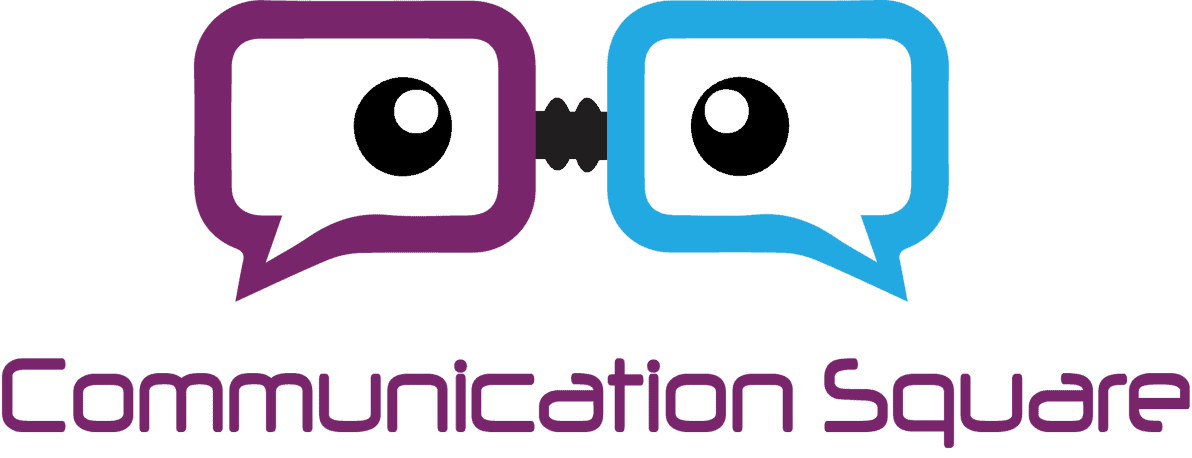The Internet of Things (IoT) is transforming business operations across multiple industries, making the management of IoT devices a critical component of organizational success. Effective management requires sophisticated IoT management software that is equipped with comprehensive IoT management features. Specialized IoT management companies provide solutions capable of addressing the complexities and scalability demands inherent in these tasks. This blog post delves into the vital strategies and tools for efficient IoT device management, highlighting leading IoT management companies and their groundbreaking solutions

Understanding IoT Device Management
IoT device management encompasses the administrative tasks associated with the entire lifecycle of IoT devices, from deployment through to retirement. This management involves several key processes including device configuration, monitoring, maintenance, and security. Effective IoT management ensures that devices operate efficiently, securely, and continue to meet changing operational demands.
The necessity for robust IoT device management systems stems from the unique challenges posed by the vast numbers and diversity of devices connected in a typical IoT network. These challenges include managing diverse hardware and software configurations, ensuring consistent firmware updates, and protecting against evolving security threats. Without a systematic approach to IoT device management, organizations risk facing significant disruptions, reduced operational efficiency, and increased vulnerabilities.
Key Features of IoT Management Software
To effectively manage extensive IoT networks, IoT management software is meticulously designed with specific features that enhance functionality and ensure comprehensive user control. Below are some critical IoT management features that are essential for robust network management:
- Device Authentication and Security: This foundational feature ensures that each device connected to the network is properly authenticated and adheres to strict security protocols. This is crucial for protecting both data and network integrity from unauthorized access and potential breaches.
- Remote Configuration and Control: IoT management software provides administrators with the capability to configure and manage devices remotely. This functionality is indispensable for making timely updates and adjustments, which can be performed without necessitating on-site visits, thereby saving time and reducing operational costs.
- Performance Monitoring: The software continuously monitors the performance of each device within the network. This real-time tracking helps in promptly detecting and addressing potential issues, thereby minimizing downtime and enhancing overall service reliability.
- Data Management and Analytics: Advanced data management capabilities are a cornerstone of IoT management software, enabling effective aggregation, storage, and analysis of data. These insights are instrumental in driving informed decision-making and streamlining operations.
- Scalability and Integration: As networks grow, the ability to scale becomes imperative. IoT management software supports scalability and seamless integration with other systems, ensuring that expanding network requirements are met without compromising performance.
- User Interface and Accessibility: An intuitive user interface is vital for simplifying complex operations. Modern IoT management solutions offer user-friendly dashboards that provide critical information at a glance, making system management more accessible to non-technical users.
The Role of IoT Management Companies
IoT management companies play a crucial role in developing and providing software solutions that simplify the complexities of IoT device management. These companies invest in research and development to create innovative features that cater to the specific needs of various industries, such as healthcare, manufacturing, and transportation. By offering scalable solutions, IoT management companies help businesses grow their IoT networks without compromising on performance or security. Notable companies in this sector include Cisco Systems, IBM, Microsoft and AVSystem each offering robust IoT management platforms that integrate with existing business systems for seamless operations. These platforms are renowned for their reliability, comprehensive feature sets, and compatibility with a wide range of device types and communication protocols
Best Practices for IoT Device Management
To maximise the effectiveness of IoT device management and ensure operational continuity, organisations should implement the following best practices:
- Regular Updates and Patch Management: Keeping software and firmware up to date is crucial for maintaining security and functionality. Regular updates help mitigate vulnerabilities, ensuring that devices are protected against the latest threats.
- Comprehensive Device Onboarding: Establishing a systematic process for integrating new devices into the network is essential. This includes proper configuration and security settings to ensure that devices are secure and functional from the start.
- Segmentation of Network: Dividing the network into segments can significantly enhance security and operational efficiency. This strategy limits the potential impact of security breaches by isolating incidents to specific areas of the network.
- Proactive Maintenance and Monitoring: Implementing a schedule for routine maintenance and continuous monitoring allows for the anticipation and resolution of issues before they escalate. This proactive approach is key to maintaining high uptime and reliability.
- Training and Support: Providing adequate training and support to personnel involved in IoT management is critical. Well-informed staff can better manage, diagnose, and resolve issues, contributing to smoother operations. ·
- Compliance and Regulations: Adhering to industry standards and legal regulations is crucial for maintaining the integrity and security of IoT operations. Compliance ensures that IoT practices align with established norms and legal requirements, avoiding potential legal and security issues.
Efficient IoT device management is pivotal for businesses looking to leverage the power of IoT technologies. By employing sophisticated IoT management software and adhering to best practices, organisations can ensure their IoT fleets operate smoothly and securely. As IoT networks continue to expand, the role of specialised IoT management companies becomes increasingly important, offering tailored solutions that meet the evolving needs of this dynamic field. For businesses aiming to thrive in the IoT-driven landscape, investing in the right management tools and strategies is essential.
Last Updated 1 year ago
